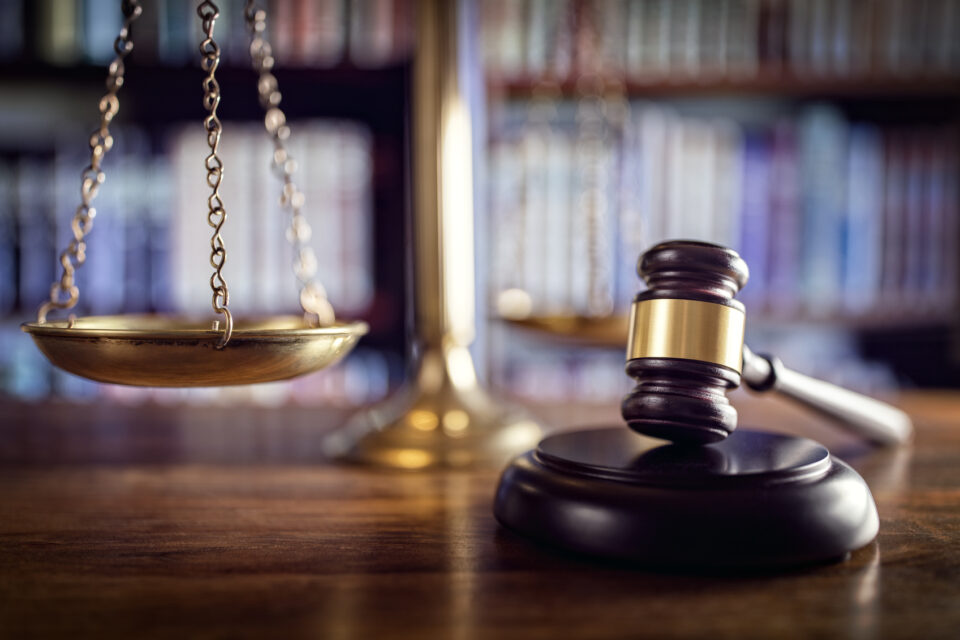About Sam G. Nicholson
Sam G. Nicholson is a partner at Nicholson Revell Personal Injury Attorneys in Augusta, GA. With more than four decades of experience, he has built his reputation on hard work, dedication, and a commitment to securing justice for clients seriously injured by negligence. Over the years, he has achieved multi-million-dollar settlements in complex cases, earning the respect of peers and the trust of the community.
Sam holds an AV rating from Martindale-Hubbell, has been named a Georgia Super Lawyer multiple times, and has been recognized among the Top Attorneys in Georgia by Atlanta Magazine. He is a past president of the Augusta Bar Association, a member of the State Bar of Georgia’s Board of Governors, and is active in the Georgia Trial Lawyers Association and the American Association for Justice.
Sam’s leadership roles and professional honors reflect not only his skill as a trial lawyer but also his ongoing service to the legal profession.

